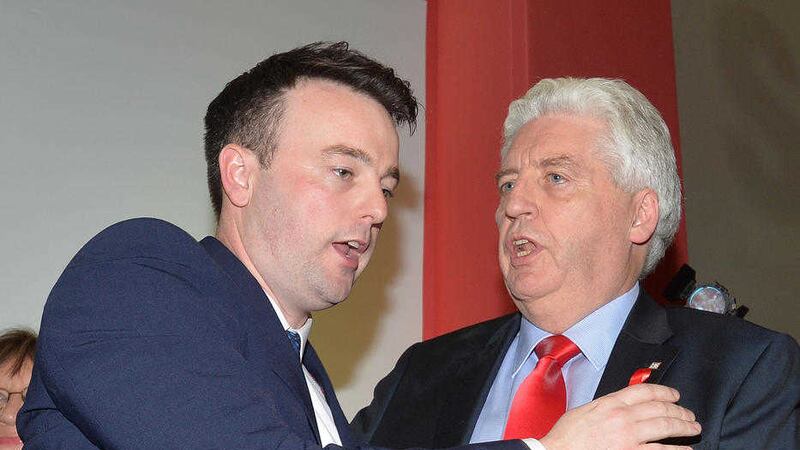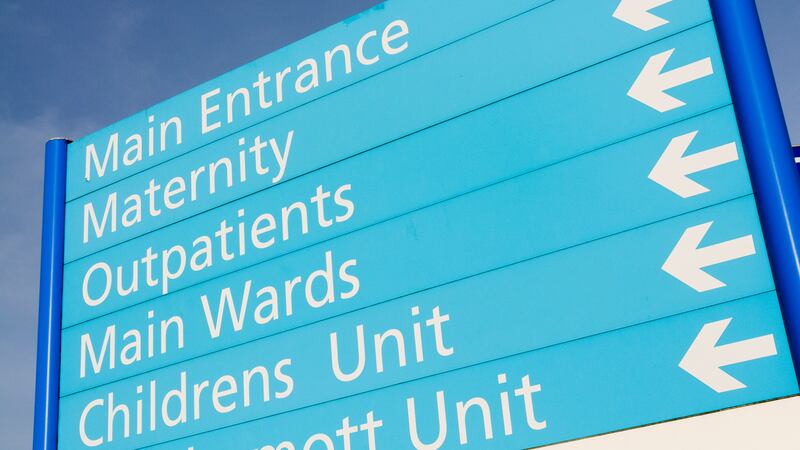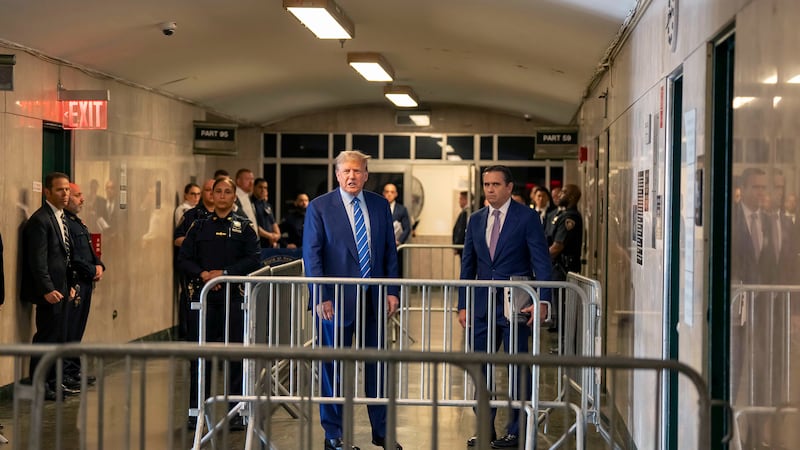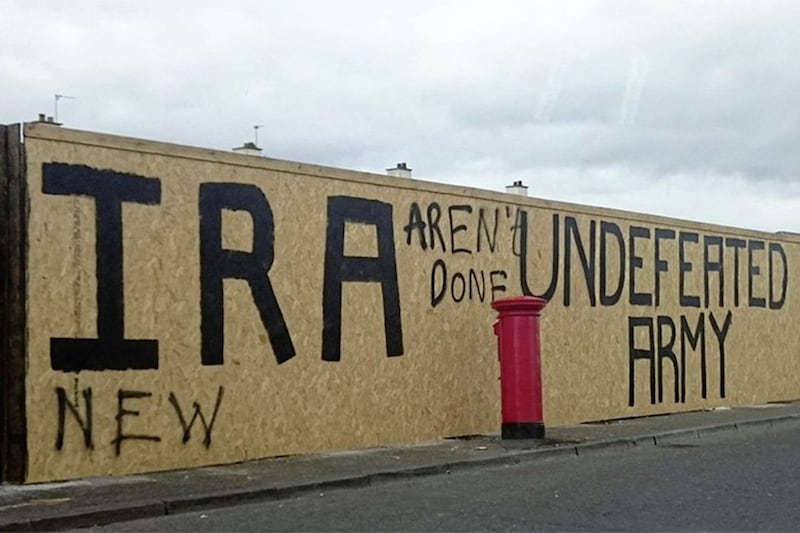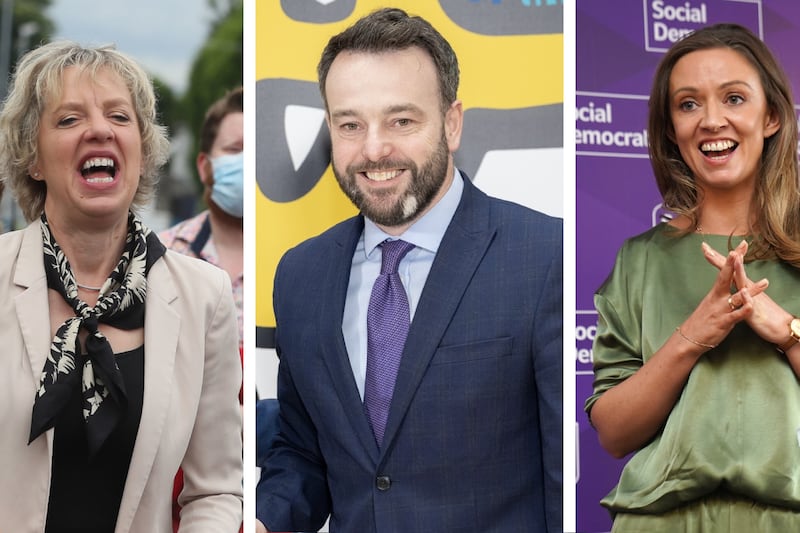THE youngest leader in the SDLP's 45-year history has pledged to foster common ground with unionism and "make Northern Ireland work".
Foyle MLA Colum Eastwood was speaking immediately after his decisive victory over Alasdair McDonnell in the party's leadership contest.
The 32-year-old former mayor of Derry beat the South Belfast MP and incumbent by 172 votes to 133.
SDLP delegates at the party’s annual conference in Armagh also voted for a change of deputy leader.
Former UTV reporter and South Belfast MLA Fearghal McKinney will replace Dolores Kelly to become the new leader’s second in command.
In his inaugural speech as leader, Mr Eastwood paid tribute to his predecessor, saying Dr McDonnell had "stretched every fibre of his being" for the SDLP.
"He is a man who has poured an abundance of life and love into this organisation and cares deeply for it," he said.
"He is SDLP through and through – that won’t be forgotten and I won’t forget it."
Mr Eastwood described the SDLP as "the most successful political party in the history of this island".
"It is a big claim to make and not a claim to made lightly but it is a claim I fully stand by," he said.
The new leader said peace and the power-sharing executive, along with the north-south and east-west institutions, were testimony to the past work of the party.
"This was a success achieved through the force of argument, through the force of big ideas, through dogged and daring determination," he said.
"These and these alone, were our weapons of choice – yet they proved weapons enough."
He said Irish nationalism now had a "selfish and strategic interest" in making the north work and it shared more in common with unionism than perhaps ever before.
"Our mantra and mission of making Northern Ireland work is that common ground," he said.
"We need willing partners in unionism to make it happen and I firmly believe that those relationships can be formed."
Mr Eastwood said he was confident a substantial number of unionists would respond positively to the SDLP's invitation.
He conceded that recent opinion polls had indicated little immediate support for Irish unification.
"We need to do better," he said. "Our prospects for reunification will live and die on whether they are seen and believed to be credible."
The SDLP leader said Stormont had "cultivated cynicism" and despite the prospect of an imminent deal and talk of new beginnings, the public was unable to see positive change.
He blamed the DUP and Sinn Féin for poor electoral turnout and said they were "stuck in a peace process mentality" and constant negotiation.
"They've presided over a massive surge in hospital waiting lists, presided over confusion and chaos in the reform of education, presided over the annual export of our young people to Britain and beyond," he said.
"The few policies which Stormont’s leadership have introduced have either been half-baked or half-implemented."
The SDLP needed to demonstrate that politics was capable of creating the change, he added.
The new Eastwood-McKinney leadership team, which represents the first change at the top of the SDLP for four years, will face a uphill task as it seeks to arrest steady electoral decline.
In May’s Westminster election the party’s share of the vote slipped by 2.6 per cent.
A recent internal SDLP report leaked to The Irish News also forecast that the party could lose more than a third of its 14 Stormont seats at the next assembly election, due by next May.
Earlier on Saturday, in what turned out to be his final speech as SDP leader, Dr McDonnell had told the conference that "generational change is making its way through this party".
He said he intended to stay on as leader until his programme of "reorganisation and renewal" was complete.
